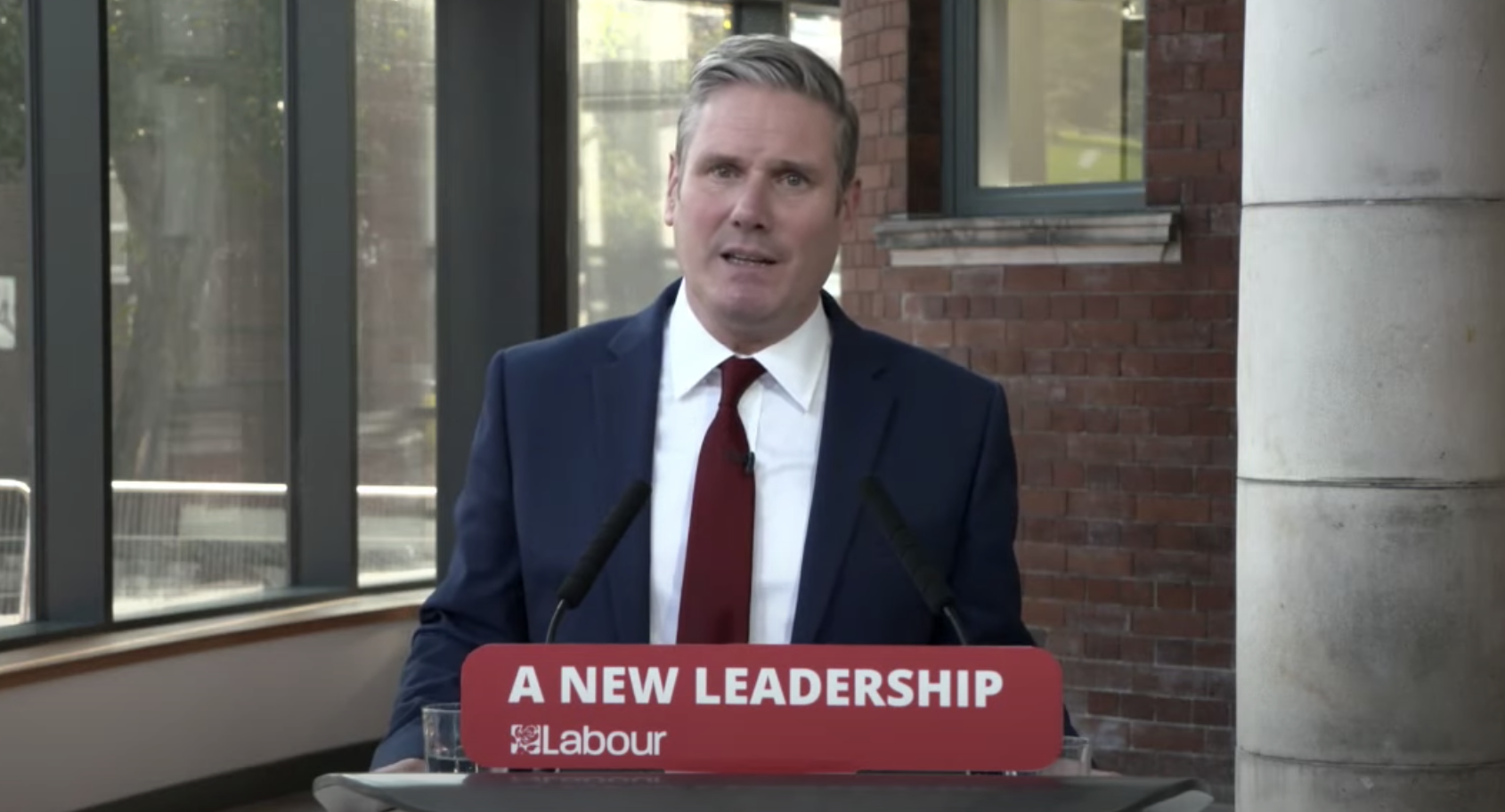On a slower news day, Keir Starmer’s address to Labour’s so-called ‘Connected’ conference would have gained more attention. As it is, he’s up against the age-old ‘If a tree falls in a forest and no one is around to hear it, does it make a sound?’ problem — which is a pity because his speech really did deserve to.
Labour’s route back to power, as I noted recently, cannot lie solely through the leafy-liberal seats full of well-heeled but also well-educated voters who have long begun to harbour doubts about the culture war politics advocated by what Conservative modernisers used to disparage as the ‘Tory Taliban’.
Even assuming their doubts were enough to push those voters into switching straight from blue to red in 2024 rather than in, say, 2034, there simply aren’t enough of those constituencies to deliver Labour victory. Indeed, suggesting that there are, and that Labour can therefore forget about all those ‘Red Wall’ seats it lost last year, is like arguing that doing a trade deal with New Zealand will more than make up for us leaving the EU.
That means Starmer’s main task — one this speech makes it clear he fully understands — is to recoup those losses by not only putting the boot in on incompetence and underfunded public services, but also signalling to the voters he needs to win back that his party a) messed up, knows it, and is determined to change and b) shares their values.
The latter can’t be done just by reeling off a list of abstract nouns — not that there’s anything wrong with Starmer’s choice of ‘Decency, fairness, opportunity, compassion and security.’ It also has to be done by revealing something about the speaker himself, ideally at the same time drawing a contrast to his opponent.
True, it might not be ‘Tough on crime. Tough on the causes of crime’ but ‘While Boris Johnson was writing flippant columns about bendy bananas, I was defending victims and prosecuting terrorists’ isn’t a bad start. Nor was delivering the speech in Doncaster and pointing out that, while he himself was only from a small town down South, his wife grew up a stone’s throw away from the local racecourse.
Labour’s lost voters are also aspirational and deeply patriotic as well. So Starmer reminding them that he was the first in his family to go to university and was therefore ‘able to give my parents what they said was one of the proudest moments of their lives: to be there, with me, at Buckingham Palace as I was awarded a knighthood’ was bang-on, too.
Overall, this address was a strong start to what Starmer freely admits will be a long hard road back to power.
Tim Bale is Professor of Politics, Queen Mary University of London, Co-Director of the Mile End Institute, and Deputy Director of UK in a Changing Europe











Join the discussion
Join like minded readers that support our journalism by becoming a paid subscriber
To join the discussion in the comments, become a paid subscriber.
Join like minded readers that support our journalism, read unlimited articles and enjoy other subscriber-only benefits.
Subscribe